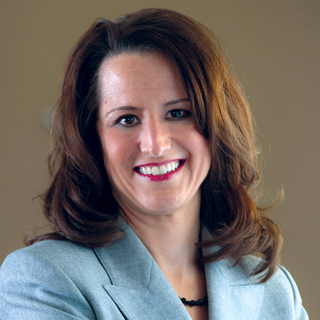

In my 30+-plus years in the world of therapy, I have never seen a year like this. In October, we were hit with the change in reimbursement through the Medicare system called the Patient Driven Payment Model, or PDPM. I thought that that was plenty to handle; all the different therapy companies were hoping they made the correct modifications to their contracts and educated their staff about all of the changes. Getting prepared for this big change took a little over a year.
Little did I know that by March, we would be faced with an unprecedented change in our skilled nursing and assisted living communities called COVID-19. Unlike PDPM, we had not, nor had much of the world, prepared for this gigantic pandemic.
All of the sudden, caseloads started dropping at care communities where there were COVID-19 patients. New recommendations from the Centers for Medicare & Medicaid Services and the Centers for Disease Control and Prevention came out daily and sometimes more frequently. Many care communities were handling situations much differently than others. Often, conversations were held with my regionals and my rehab directors as we went through all of this together. Numerous other conversations were held with my customers about how they wanted specific situations handled. At that point, my staff began to be furloughed because there was not enough work for them to do in therapy.
As we began to see so many people being furloughed, as countless other companies have seen too, we decided a better thing to do would be to help out our care communities. Our plan was to provide direct care to the patients our staff cares for so deeply.
Therefore, we informed the four major companies where we provide therapy that we have available staff to help them during this time of turmoil and unknown circumstances. Our plan took off like wildfire. We were able to bring back a large percentage of our furloughed therapists. A significant number of jobs could be filled, such as basic care assistants, housekeeping, dietary staff, receptionists, memory care monitoring, etc. A lot of these positions are continuing to this day.
My staff’s overall reaction to this has been mixed. I continue to attempt to get in touch with the people who are out working in the care communities helping patients. The majority of people are fine, as they were happy to get back to work. Some of my staff are not happy to be back working and in this environment. I can understand, as they are doing a different job and needing to learn new skills to care for patients or residents with or without the COVID-19 virus. We continue to offer support to help our therapists through these changes.
All in all, though, even if they have not all said it specifically to me, I know they have developed a respect and appreciation for what others do in these jobs. They realize the huge amount of work that goes into being a care assistant for the patients as well as performing some of the other jobs.
I believe that this opportunity will allow for better working relationships with the staff when we get back to some sort of normalcy, if that even exists. I have also become a believer that we do not have to spend so many hours planning for such things as PDPM, when I look at the amount of time it took us to completely change our procedures in such a short time period for about half of our company.
Gov. Cuomo (D) of New York stated one day that disasters such as this pandemic makes us look at how we go about business, as this is the best time to make changes. As we slowly try to reignite the therapy programs, taking the many things we have learned both from a CEO standpoint and from a staff standpoint, we are a much stronger company that has grown and is ready to face the future.
Kristy Wikum, MS, CCC-SLP has more than 30 years of management experience as CEO/ president of Centrex Rehab and former executive director at Augustana Therapy Services.





